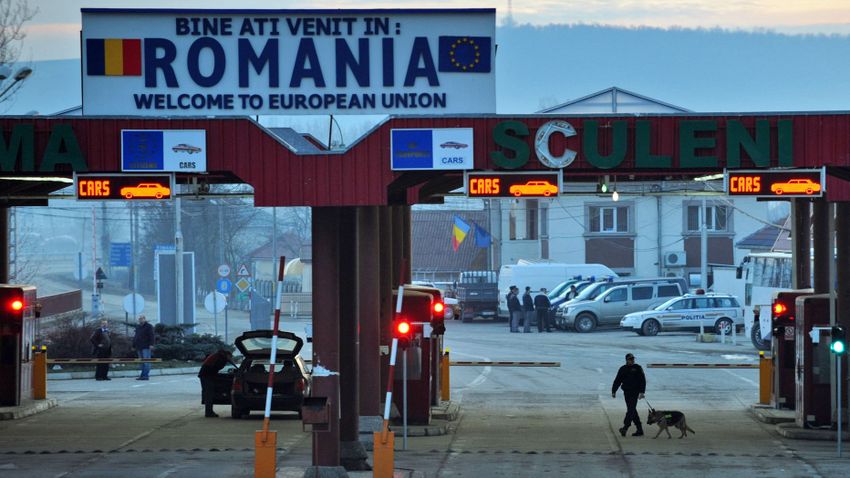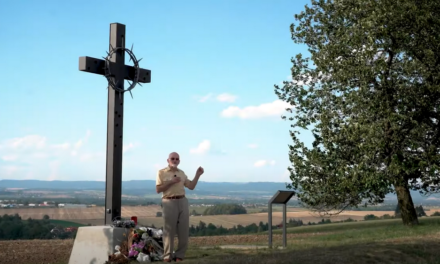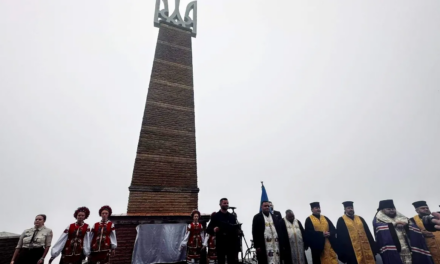For us Transylvanian Hungarians separated from our motherland, Schengen has a heightened significance and a huge symbolic charge. Written by Adorján Páva.
During my childhood summer vacations, I spent several weeks on my grandparents' farm, in the immediate vicinity of the Romanian-Hungarian border. We shared the small building, radiating a reassuring human presence in the wilderness, with horses and cows, since the other half of the room-kitchen house was the stable. Tata Józsi and Mama Bori lit the evening with a kerosene lamp, we went to the toilet at the modest wooden hut at the back of the house, the well water was heated by the sparhert, and heated by the furnace in winter.
The only representative of the civilizational achievements of the 20th century was a VEF 206 Soviet pocket radio, which practically meant the world itself, the only connection with existence beyond the borders of seclusion, which meant a very modest "production" at the end of the 1980s. Or rather, there was another tool, but my younger brother and I could never touch it: on the wall of the small porch was an old landline telephone with a receiver and no dial.
By the time we were old enough to be really interested in the matter, they cut it short by saying that it was a phone, but it no longer worked. Then my grandfather died, and my grandmother moved into their house in a village several kilometers away, and the farm was demolished. At the time of my grandfather's death, I was still a very young teenager, and unfortunately he was unable to answer the many questions I had later, as I could not even ask him. Little by little it turned out:
the only remaining cottage of the once-extensive farm world was not bulldozed because the farmer sometimes "favored" important people with attentions and pig-sized treats, including the former owners of his barracks within sight.
There were several observation posts nearby, and the border guard unit of the army was constantly patrolling. I remember how much our guard dogs hated them. And then returning to the dusty telephone on the veranda: it provided a direct connection to the barracks. Because indeed, my grandfather was "recruited": if he notices anything "suspicious", or if he sees individuals trying to escape, God forbid he takes him in, immediately "hangs up".
Although my father had "reservations" towards his father-in-law in this regard, the relatives state that: Tata Józsi never caused harm to anyone, he was a well-respected livestock farmer who helped many people, who only went into business to sometimes provide important people with this and that, to through the preservation of the farm, he can provide his family with hard work as well. In the meantime, the two grandchildren were brought up in the city, and in the summer they were sent to the farm, which they enjoyed only occasionally. Because you had to work:
when we were older, among other things, we had to graze animals and shepherd for long hours at the border. For us, this also meant a national border.
And now, when we can read that perhaps from the first of January we will become full members of the Schengen zone, I remember with a smile how one of the "darest" acts of my childhood was peeing in Hungary.
At the beginning of the 1990s, everything was still the same as before: the concrete border line was formed by a very deep moat (there was not much water in it), and along its banks a strip a few meters wide was plowed up, and the ground was finely broken so that the footprints of the fugitives could be easily discerned. Although it was forbidden, the herders and tuft boys who herded and chased the animals sometimes got involved willy-nilly, and once in a while they "willy-nilly" peeed over to Hungary... A little for fun, a little for whimsy, a little for a test of courage.
But also a little out of envy, longing, reaching and "marking" the unattainable. In retrospect, it's horrible to think that maybe someone was shot in that very place.
After all, it is well known that in the 1970s and especially in the 1980s, more and more people tried to escape from the increasing oppression of the Romanian dictatorship, and the more open Hungary was tempting - especially for the Transylvanian Hungarians. Of course, there are no official data, but based on the reports of the Security Service, hundreds of people tried unsuccessfully to escape through the green border every year. Those arrested were treated extremely cruelly: lengthy interrogations, torture, prison sentences, labor camps, constant intimidation, and social stigma awaited them. And of course, we haven't even talked about those who were shot and killed on the spot, at the border. There are no exact summary data about them either, but hundreds of them could have died at the gate of escape.
They could not even dream that one day they would be able to travel freely to Hungary and the West. Even about the fact that the border itself will disappear.
For us, Transylvanian Hungarians separated from our motherland, this has a heightened significance and a huge symbolic charge, but of course it is also a historical achievement for the Romanians, millions of whom have left abroad of their own free will during the past decades, and will soon be able to get home more easily sometimes.
(…)
Featured image source: MN













